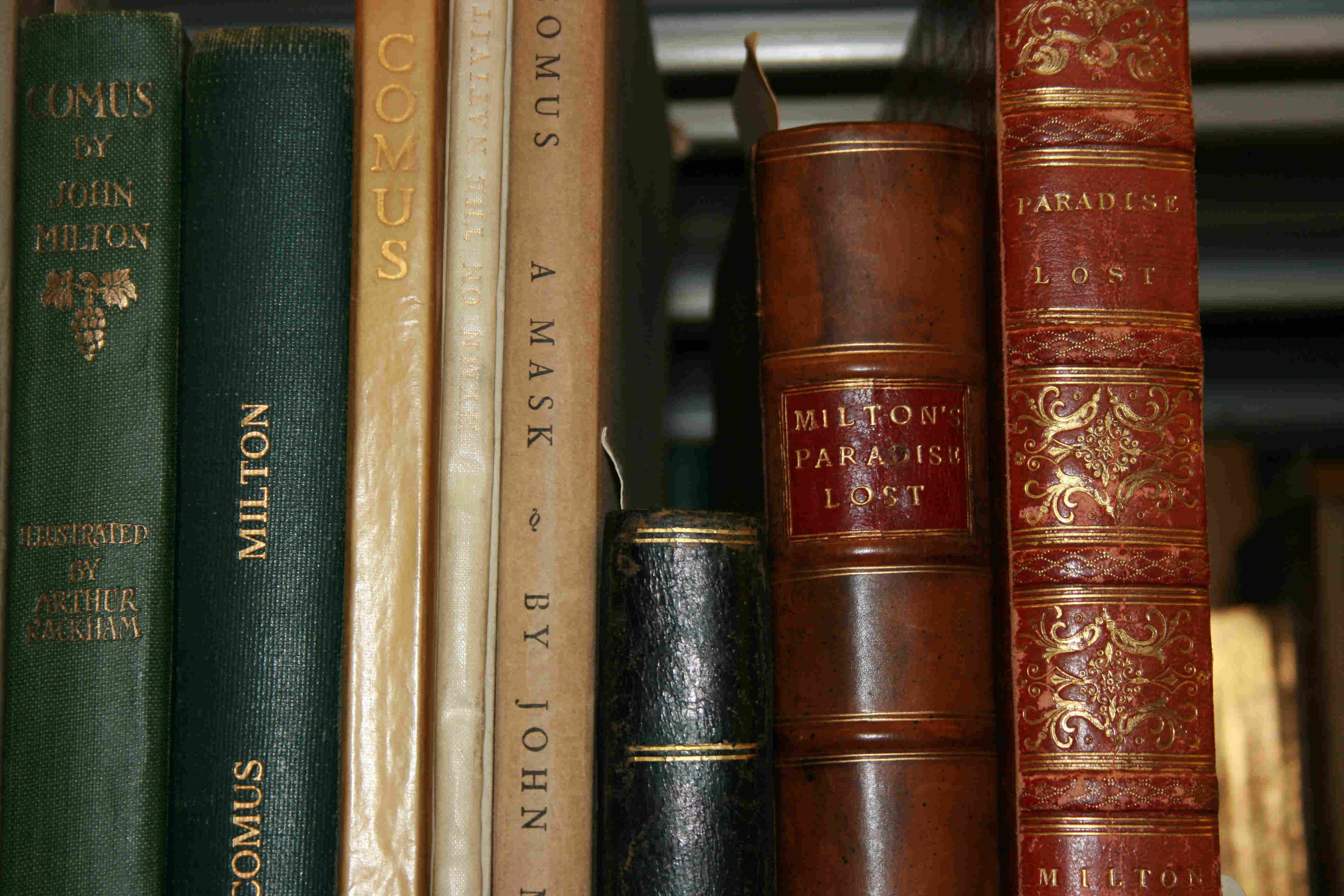
On Wednesday, November 29th, I participated in a one-off 90-minute session from Woodbrooke hosted by Rhiannon Grant on the subject of the British Quaker Faith and Practice and other Books of Discipline in the same tradition. I was interested for a number of reasons. Efforts undertaken by francophone Friends to translate parts of the Canadian Faith and Practice book preoccupy me, but I am also mindful of the need to adjust the text to better reflect modern Quaker practices such as in the area of gender identity, and the need to better address the non-theist approach to Quakerism. All of these issues were addressed during the session, which was attended by about 20 people online, almost exclusively British. Rhiannon is a member of the Book of Discipline Revision Committee of Britain Yearly Meeting (BYM) for Quaker Faith and Practice. Since 2018, a process of major revision has been underway, with expectations of completing it by 2030.
Rhiannon gave a quick overview of the current British document, noting that it contains many different sections and a great deal of material. Only a portion of QFP is based on personal testimony; much of it is derived from minutes of BYM. Furthermore, updating it requires approval by BYM, even for the smallest elements. As part of the revision process, effort is being devoted to separating off subsections into distinct documents for text that may not require full approval by BYM, to lighten the load on that meeting. The document begins with "Advices and Queries", then deals with so-called "church government", then several chapters on membership and associated responsibilities, followed by extensive chapters on social engagement, including the Peace Testimony, a call for unity with the natural world, and a commitment to diversity.
An overview of the history of Quaker books of discipline was then presented, focused on the grouping of advices into a bound handwritten folio in 1738 that was copied and distributed throughout England. The first printed edition dates from 1782, and was called the Extracts from the minutes and advices of the Yearly Meeting of Friends put out by London Yearly Meeting. The next year, this was revised, and revisions were undertaken every few years from then on. In 1861 it was revised structurally into three parts which became distinct volumes, Christian doctrine, Christian practice and Church government. Also, over the next several decades, individual testimonies began to be introduced. These weren't systematized, however, until the 1921 edition. In 1995, Quaker Faith and Practice was completed in its current form. It was at that time that London Yearly Meeting was renamed Britain Yearly Meeting so that QFP could list BYM instead of LYM as its source, which had become an issue with other British area meetings. It is currently in its 5th edition, indicating a number of additional revisions have been issued since 1995. Rhiannon also presented the books of several other yearly meetings across time and space. I had, at that point, already mentioned that I was from Canada and that we were looking into not only the possibility of revising our Faith and Practice but also developing a French translation of the work. Rhiannon highlighted the fact that parts of QFP are translated into Welsh, and that discussions are ongoing with Welsh meetings concerning the current revision exercise. She offered to put me in touch with Welsh Quakers so that I could further discuss the issues with them.
She presented us with the Faith and Practice document from Philadelphia Yearly Meeting of 1806 which includes many items not relevant today (Oaths, Defamations, etc.) and others that are common to both contexts and eras (Marriages, Children, Yearly Meetings, etc.). The 1806 document, like the earlier British documents, also discussed issues such as slavery, which, of course, have changed radically since then. She also showed us a modern Faith and Practice for Illinois Yearly Meeting which is structured differently than BYM's QFP, and one put out by the Central and South Africa Yearly Meeting, called Living Adventurously, which differs considerably from the other documents by offering a great deal of contextual information about Quaker practices in Africa. Another participant talked about the Australian book of discipline called This We Can Say: Australian Quaker Life, Faith and Thought, which is well thought out, and includes visuals such as drawings and artwork, as well as the occasional musical score.
The session finished by discussing procedures for the revisions underway. The committee is soliciting suggestions via an online form, and also surveyed British meetings and came up with a long list of areas to be addressed. In response to a question I posed about the issue of non-theists, Rhiannon indicated that the most prominent and controversial question forwarded to the Revision Committee from the monthly meetings was precisely that issue. It relates to an ongoing discussion; overall, the consensus is that there is a place for non-theists in the diversity of modern Quakerism, but how to formulate the issue within the revised text is still under debate.
The session highlighted several aspects of the preparation of these books of Quaker discipline that I found useful, as well as concerning the process of revision. There seem to be many different approaches taken across the world; our Canadian Faith and Practice represents one among these many. Indeed, CFP is markedly different in several ways from its British equivalent, which is less focussed on individual testimony than is ours. While I am sure that any revision effort in the Canadian context will seek to respect the existing document and the traditions it embodies, I think a careful look at other examples across the world can still be a useful exercise, especially if we seek, as seems likely, stronger representation of our Francophone members and their practices within its pages.